
With a general election just around the corner, political campaigns have never been more important. Those who haven’t already decided how they’ll vote are about to be -if they aren’t already- number one on parties’ target lists. Every vote counts, so party branding is curated and promoted carefully to gain the support they need. So, how are parties attempting to resurrect or redefine their public image? Through you.
On the 5th of October, my politics class and I attended the Conservative Party Conference in Manchester. According to Lily, a Xaverian student, the Students’ Day was a failed attempt to: “indoctrinate us” and garner young supporters for the Conservative Party. Lily described the event as: “out of touch” with “gaps in everything they said to us.” The Conservative Party’s loss of the Tamworth and Mid-Bedfordshire constituencies in recent by-elections has made it clear that support for the Conservative Party is dwindling, and so the need to appeal to a younger audience is massively important.
Regardless of the effectiveness of this Students’ Day in particular, one must question why similar events are held at all? Prem Raghvani, Member of Youth Parliament for Oldham, stated that young people are: “mostly anti-Conservative mainly because of the high volumes of posts on social media, but maybe also because they have only experienced a Conservative Government.” It’s undeniable that social media carries large influence in the perspectives of young people, specifically regarding politics.
The presence of political parties on online platforms provides an opportunity to involve young people in politics, but also –more sinisterly- to create a stage for both major and minor parties to promote their various agendas amongst young people. To compete, parties prefer to edit and distribute pictures of their opponents, rather than take part in debate. For example, Labour MP, Karl Turner’s editing of a photo of Rishi Sunak pouring a pint. To seem more relatable, politicians like Nigel Farage appear on reality television, rather than alter their party manifesto. Regardless of political affiliation, this calculated distortion of public image is both disturbing and decidedly undemocratic.
I, admittedly, had fallen victim to this. During the Students’ Day, I joined a crowd of young people desperately trying to get an ironic photo with Farage. To us, this was hilarious. But at that point, Farage’s history of xenophobia and misogyny was forgotten. The presence on both social media and –more recently- reality television has transformed the public image of MPs. Instead of portraying themselves as individuals with immense power and responsibility, MPs are now purely public spectacles; caricatures to point and laugh at.
It seems to me that young involvement in the political landscape is the least of Westminster’s priorities. Rather, they should depend on us for public promotion and guaranteed election wins. Political parties know the influence and power that the media holds within society, particularly amongst young people, and are more than prepared to use it to their own advantage. Entertainment is no longer entertainment -just propaganda and power grabbing. As a society, we cannot fall victim to this. We cannot allow ourselves to hand over our freedom of thought in exchange for laughs. We cannot forfeit our autonomy for social media. After all, what good is democracy when we don’t know what we’re really voting for?

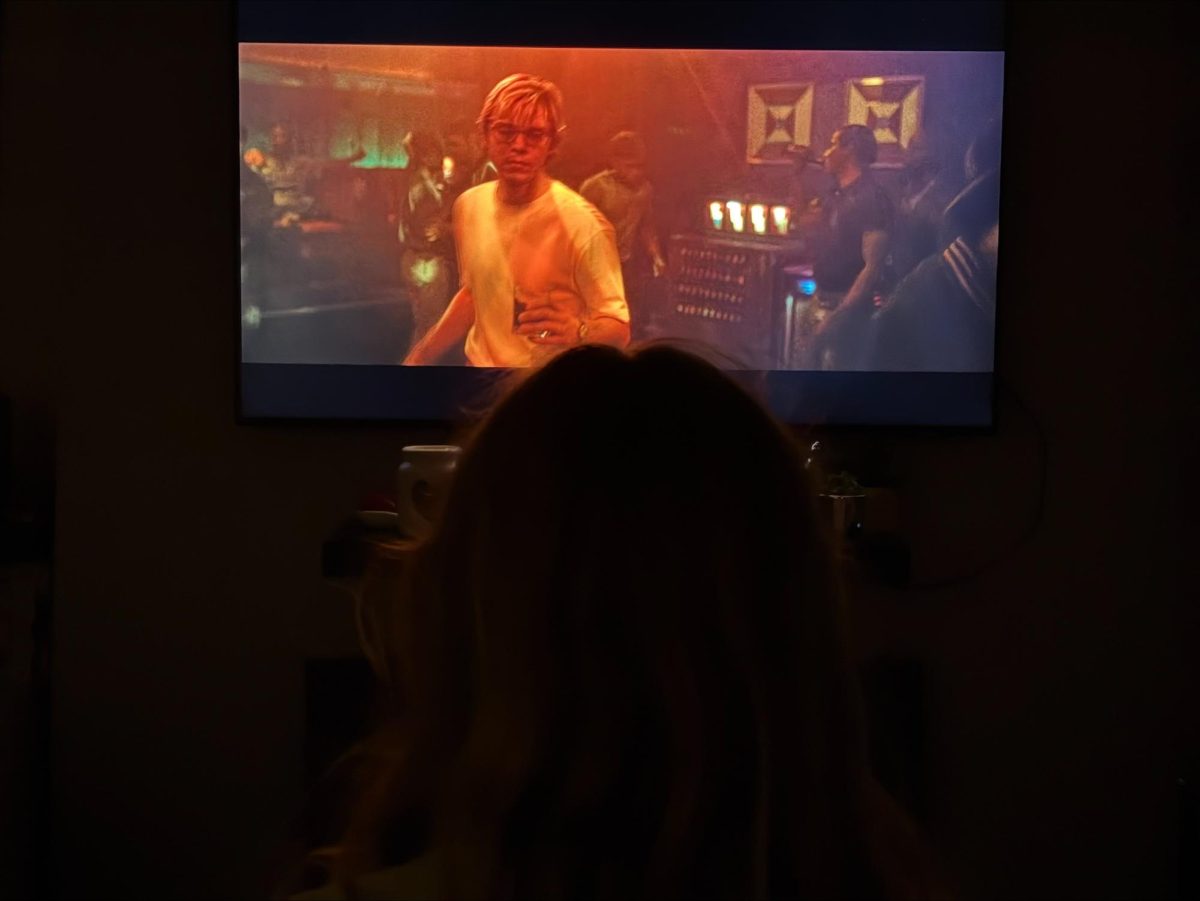
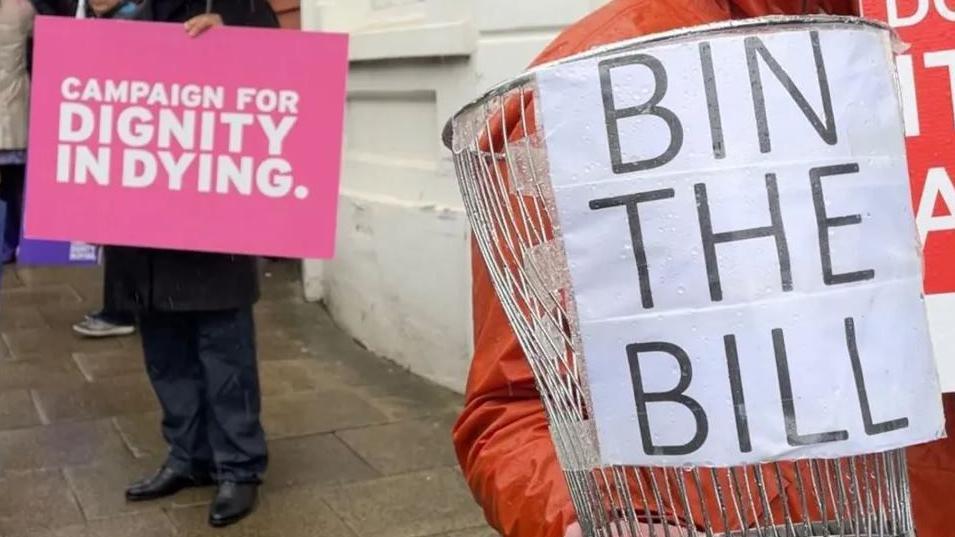

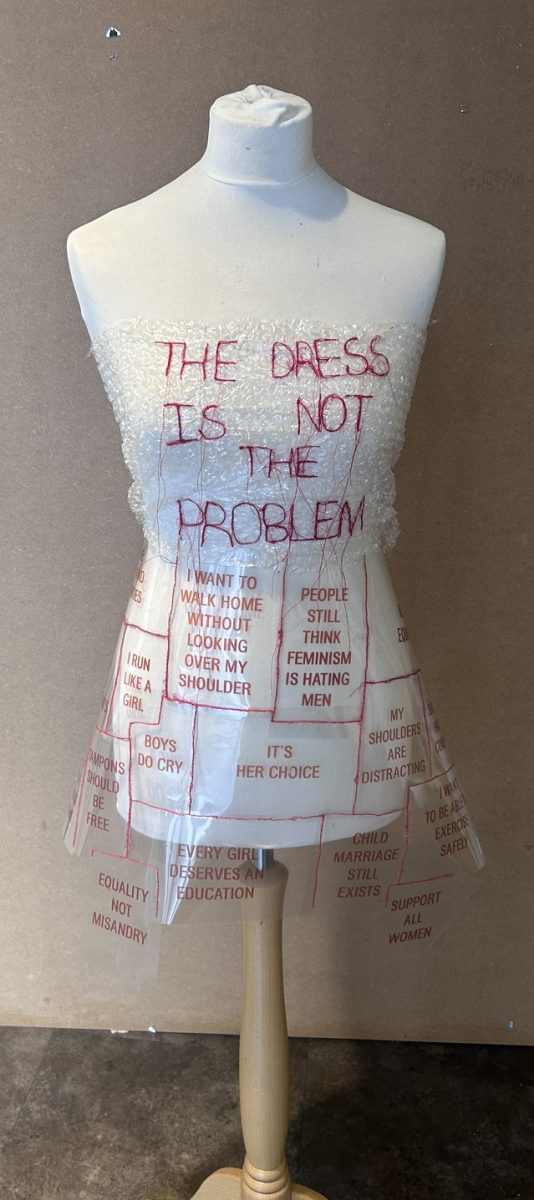
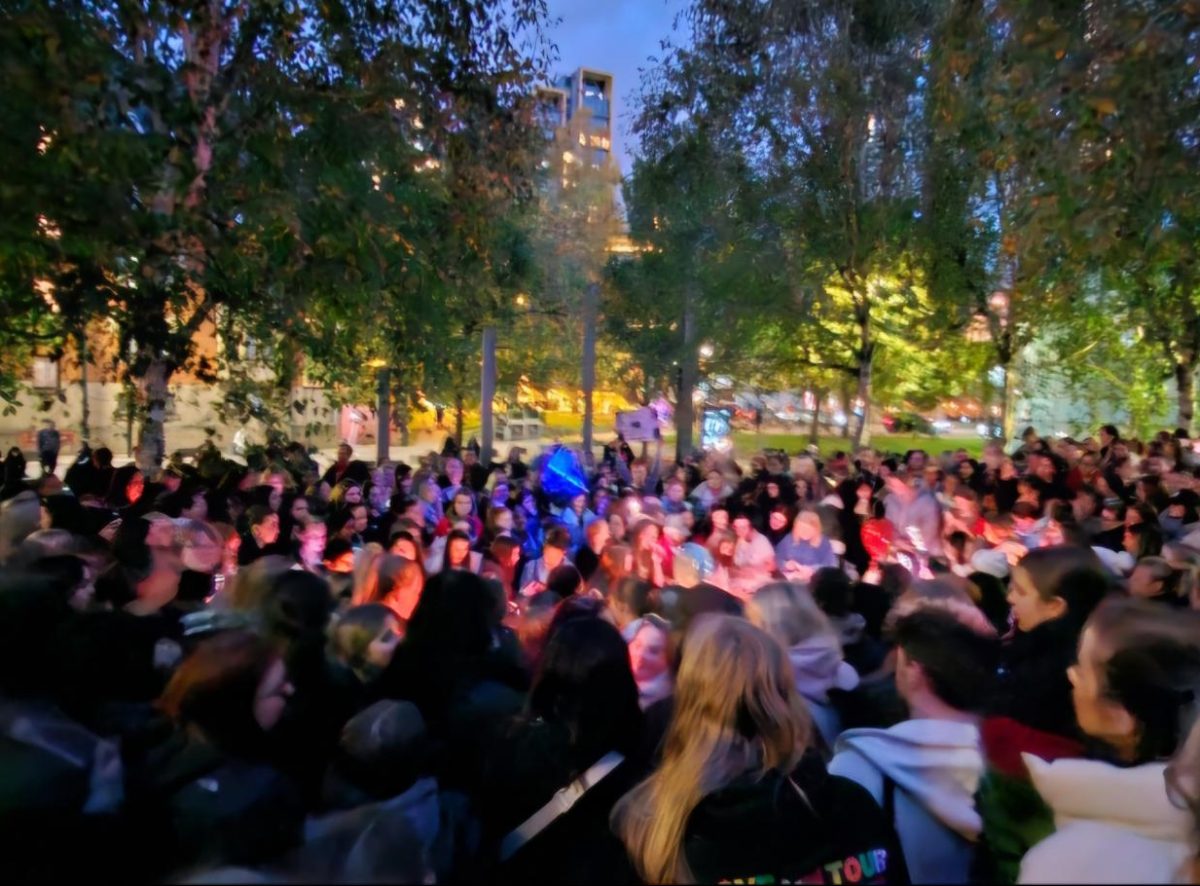
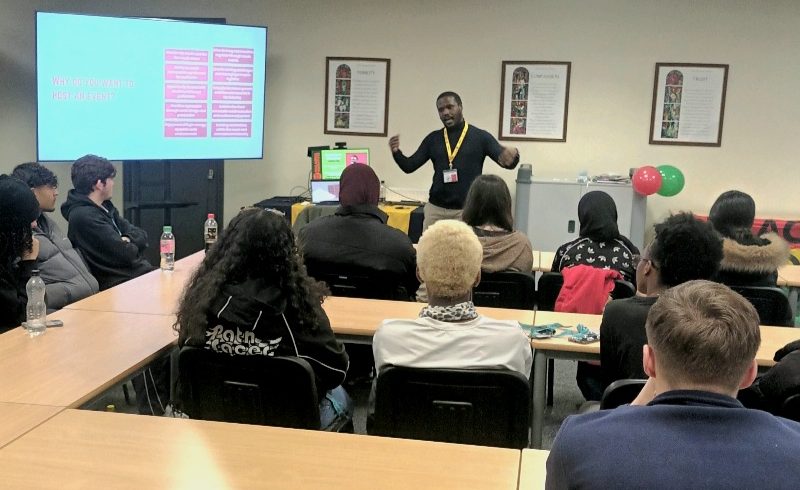
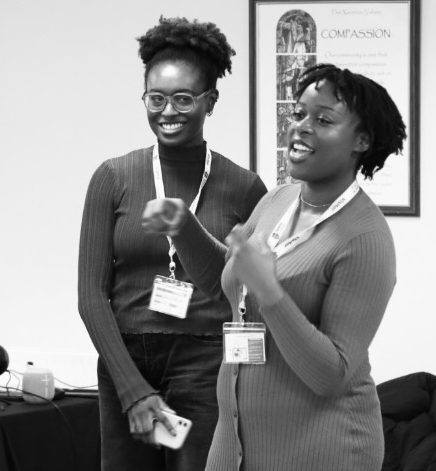


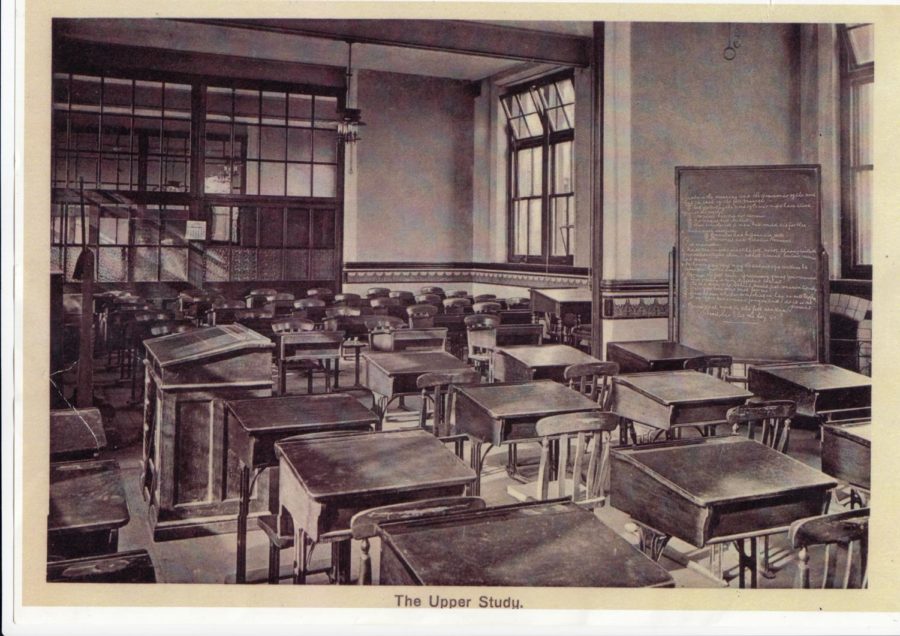
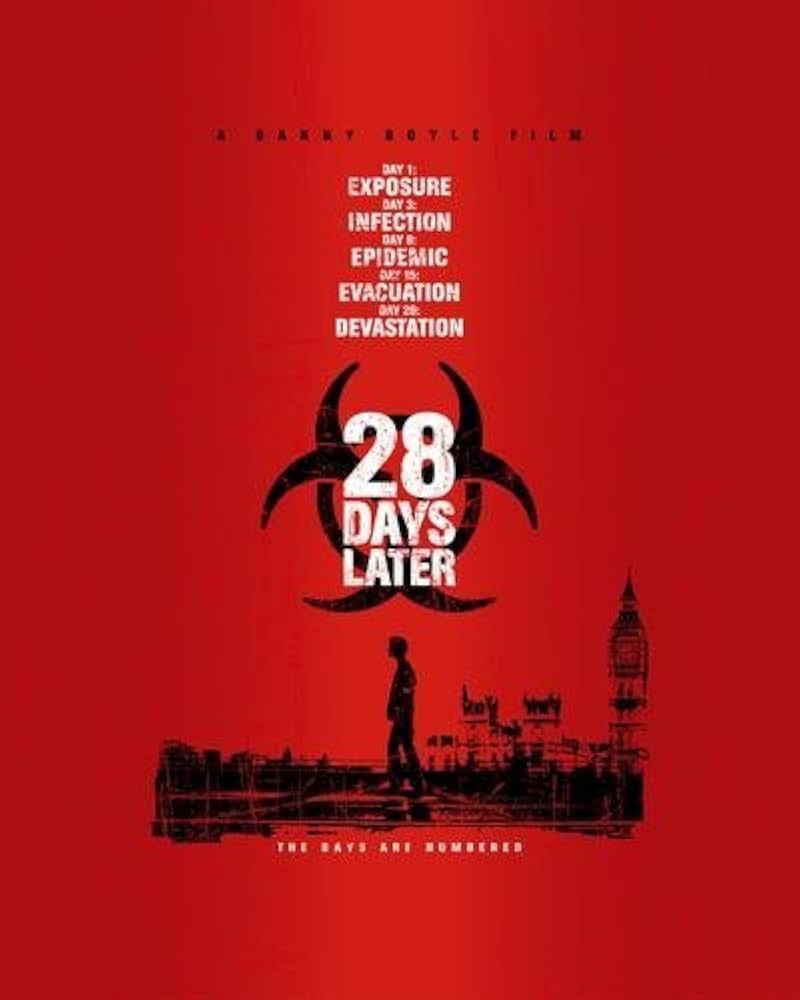
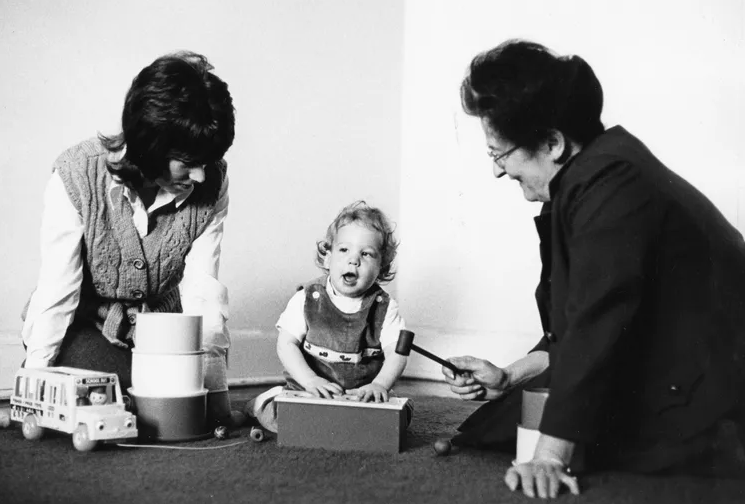



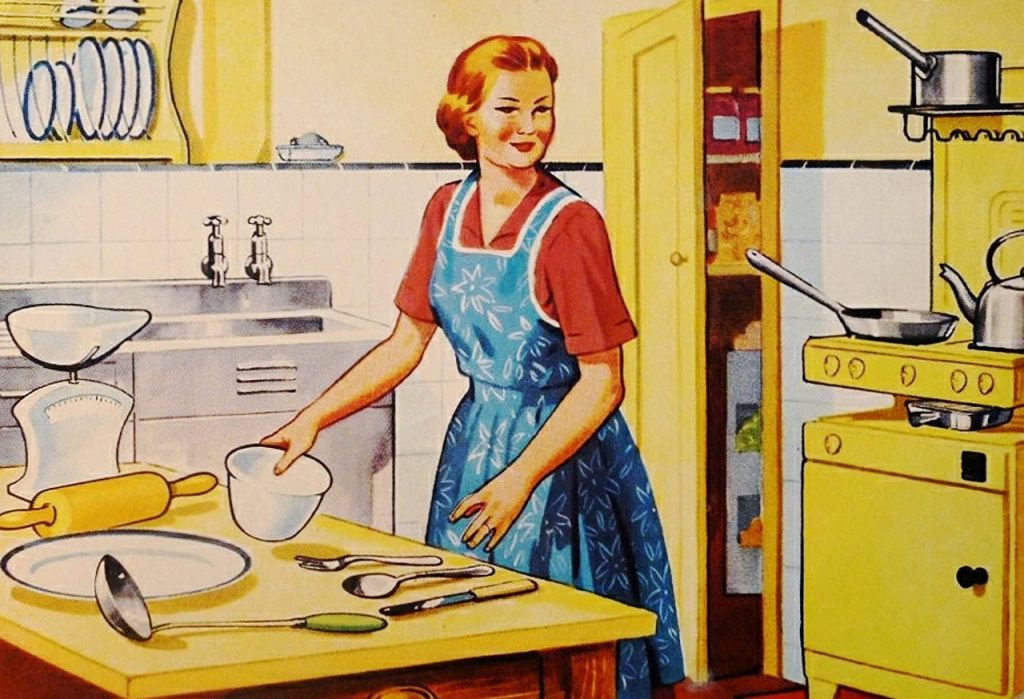







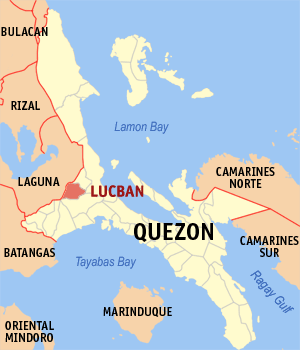


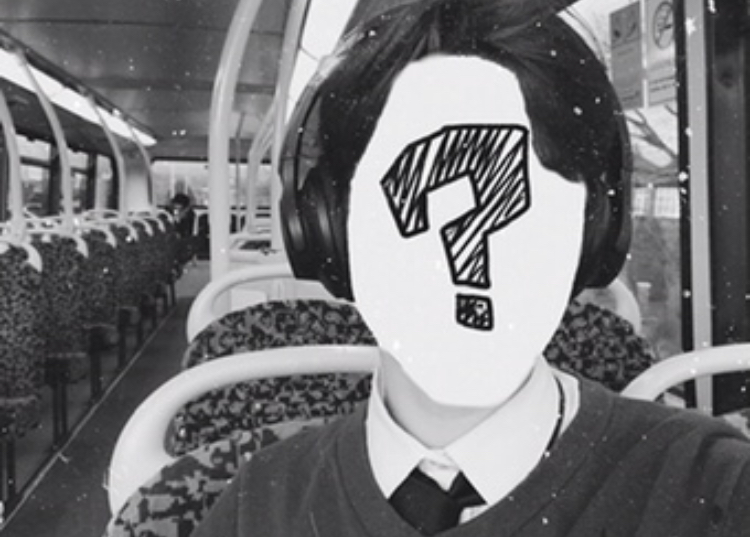



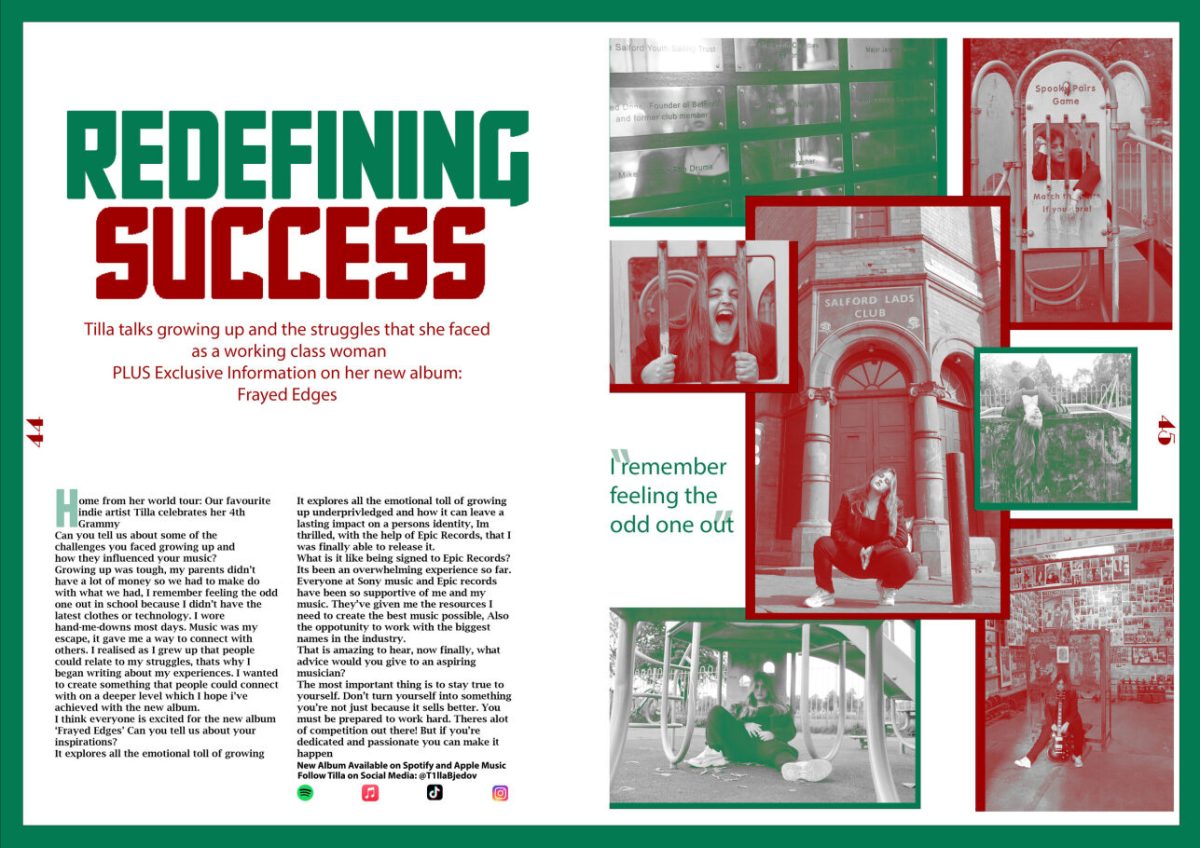



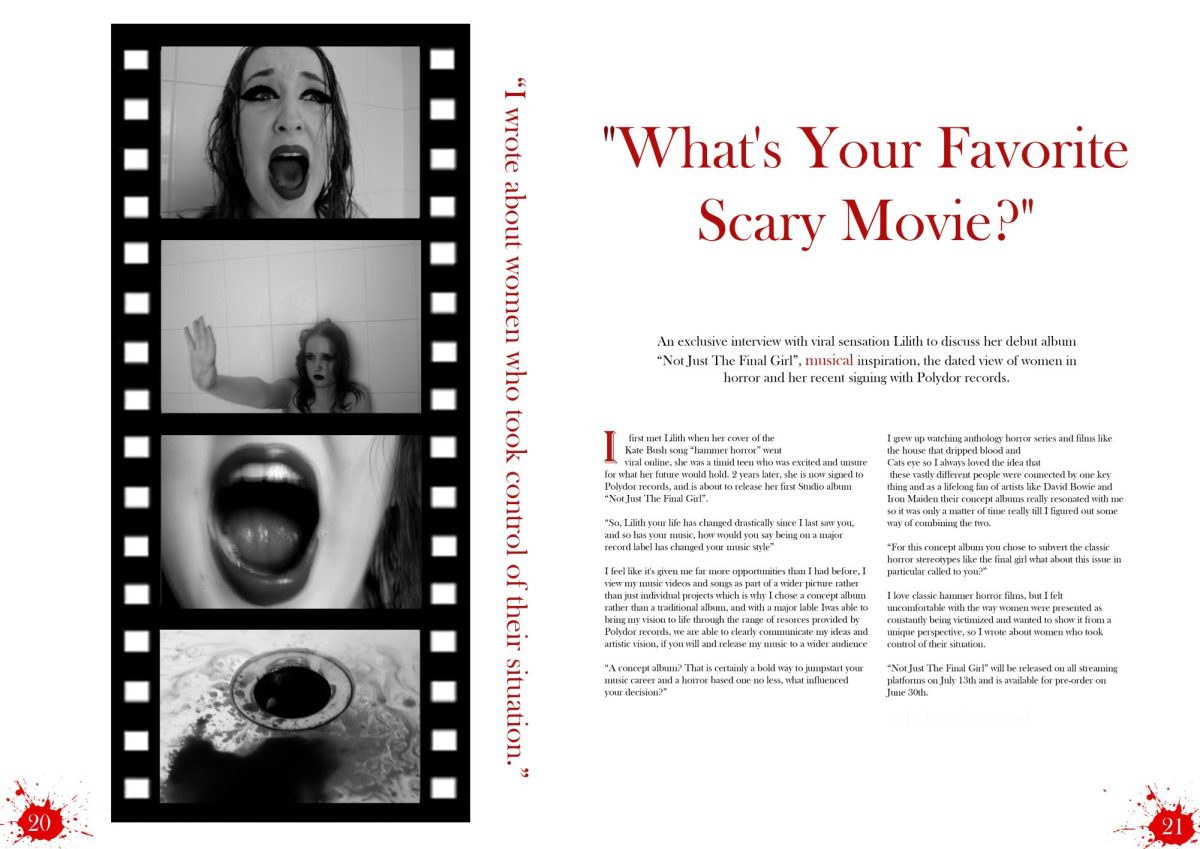



David • Jan 29, 2024 at 12:00 am
Loved reading this. It’s is well researched and I particularly like the writers own personal experience. The impact of social media is pervasive on all society and it’s illuminating to read how it has affected politics.
Alison Hall • Jan 25, 2024 at 7:20 am
Highlights the debate between style vs substance and the dangers of the celebrification of politics. Great read.
Mr Mountjoy • Jan 25, 2024 at 6:38 am
Is personality being more important than policy just in the modern age of Politics?
Rachel Blundell • Jan 24, 2024 at 6:32 am
Absolutely brilliant read from start to finish
Jacqui Shirley - Organiser • Dec 5, 2023 at 8:39 am
An interesting and well researched article warning us of the dangers of political manipulation